join the movement
Women and girls around the world are demanding and creating systemic change and a sustainable future for all. We need collective power to attain a just future – we need you.
WEDO engages in collective global advocacy, with a history of founding, leading, and/or coordinating coalitions of feminist, gender and women’s rights focused organizations and groups engaged in multilateral policy processes as well as building action, knowledge and advocacy at the intersection of issues.
* Indicates groups for which WEDO serves as Secretariat / fiscal sponsor.
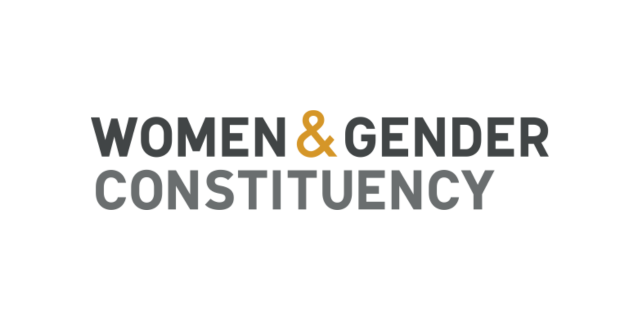

WEDO helps convene the Women & Gender Constituency, one of the nine official civil society constituency groups under the UNFCCC. The WGC works to coordinate the views and demands of women’s rights, gender equality and feminist organizations within the UNFCCC process. WGC work is collective in nature and organized via a Facilitative (Steering) Committee.
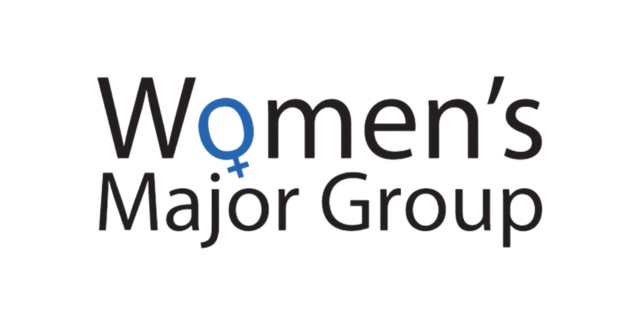

The Women’s Major Group (WMG) was created at the 1992 Earth Summit in Rio de Janeiro, Brazil, where governments recognized Women as one of the nine important groups in society for achieving sustainable development. The WMG is an official participant in the United Nations processes on Sustainable Development (SGDs), and is responsible for facilitating women’s civil society active participation and sharing inputs into the policy space provided by the United Nations (e.g., participation, speaking, submission of proposals, access to documents, development of sessions).
The WMG is self-organised and open to all interested organisations working to promote human rights-based sustainable development with a focus on women’s human rights, the empowerment of women and gender equality.
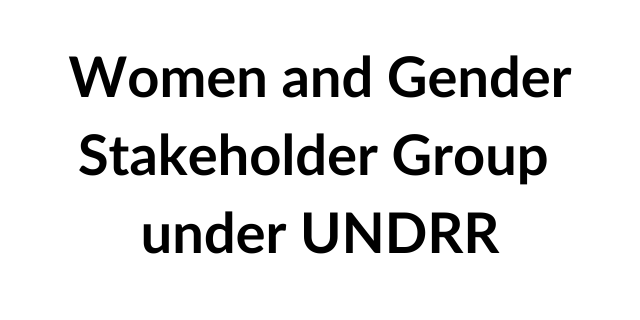

The Women and Gender Stakeholder Group (WGSG) is one of the 15 groups coordinated under the Stakeholder Engagement Mechanism (SEM) that engage in the Sendai Framework for Disaster Risk Reduction. The membership of the WGSG is open to any gender advocates and organizations working on the intersection of gender equality and disaster risk reduction.
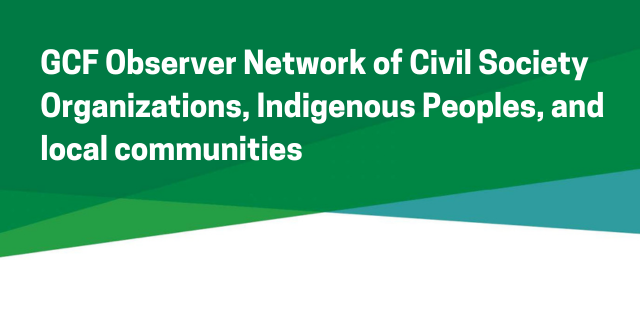

The GCF observer network (“the network”) brings together civil society organizations (CSO), Indigenous Peoples (IP), and local communities’ organizations from both developing and developed countries observing the Green Climate Fund (GCF). Via both virtual and in-person discussions and meetings, the network facilitates collaboration among observers to inform and influence the GCF’s policy and decision-making processes so that the voices of communities impacted by climate change and of CSO, IP, and local communities’ rights-holders in developing countries are integrated into the operational modalities of the Fund. The network principles can be found here.
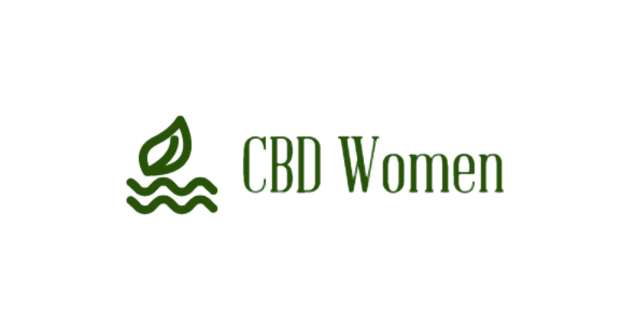

The UNCBD Women’s Caucus is a platform to advocate for women’s human rights and gender equality in the policy framework of the Convention on Biological Diversity (CBD), including strengthening the voices of women that are grounded in the local and national realities. This platform aims to bridge the various experiences and amplify the voices and experiences of women all over the world related to biodiversity conservation, and ensure a just and equitable implementation of actions.
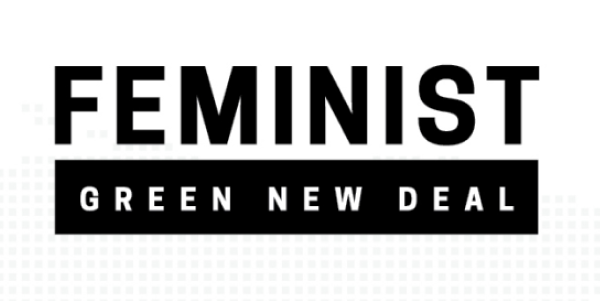

The proposed Green New Deal in the United States has sparked an important, overdue national conversation around the urgent work needed to confront the global climate crisis. The Feminist Green New Deal (FemGND), co-led by WEDO, is a global coalition that advocates for feminist principles to guide our response to the climate crisis. It consists of individuals and organizations working towards justice at all of the intersections that the climate crisis touches: migrant justice, racial justice, economic justice, labor justice, reproductive justice, and gender justice.
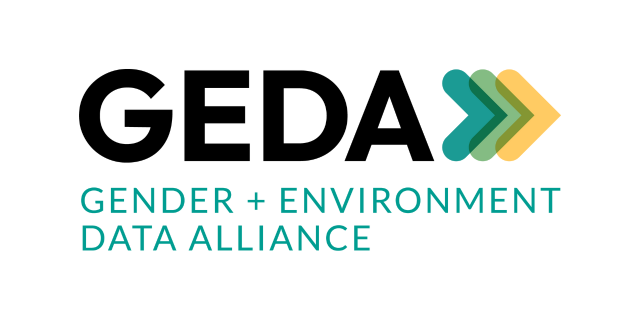

A lack of investment in and application of gender data and analysis is a significant barrier to effective policy making and implementation in the climate and environment arenas. The Gender and Environment Data Alliance (GEDA) aims to change that by serving as a specific, dedicated entity to compile, curate, and communicate data at the intersection of gender and the environment.
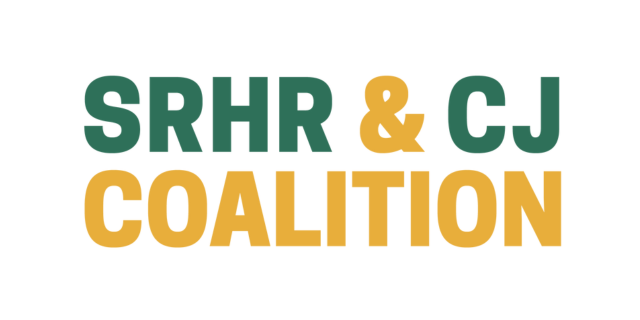

The Sexual and Reproductive Health and Rights and Climate Justice (SRHR & CJ) Coalition is a global network of more than 80 civil society organizations across over 45 countries committed to collective action and coordinated advocacy to advance SRHR and gender equality in the context of climate change from an intersectionality and climate justice approach.
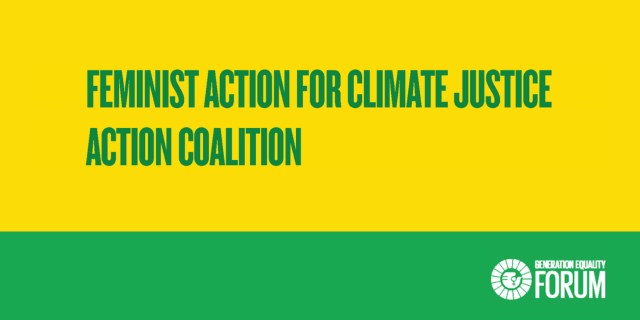

Feminist Action for Climate Justice is one of six “Action Coalitions” formed out of the Generation Equality process. The FACJ is a global, innovative, multi-stakeholder partnership mobilizing governments, civil society, youth-led organizations, international organizations, philanthropy and the private sector towards collective commitments for feminist climate justice.
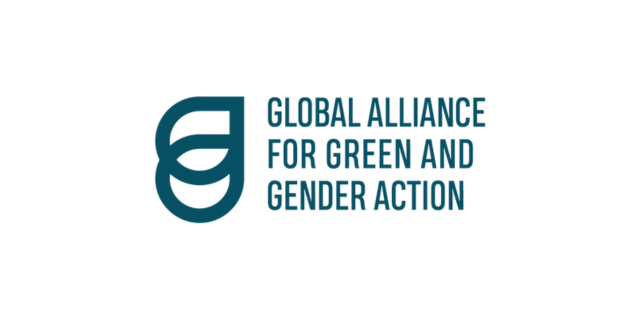

The Global Alliance for Green and Gender Action (GAGGA) rallies the collective power of gender, climate and environmental justice movements around the world. Our vision is a world where women’s rights to water, food security, and a clean, healthy and safe environment are recognized and respected.
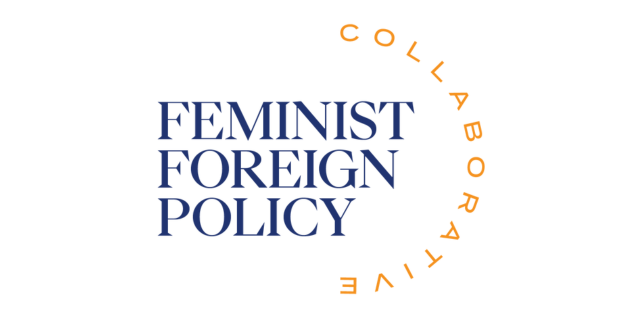

The Global Partner Network for Feminist Foreign Policy is a space for learning and exchange, comprising both civil society organizations and governments committed to advancing the principles of feminist foreign policy around the globe.
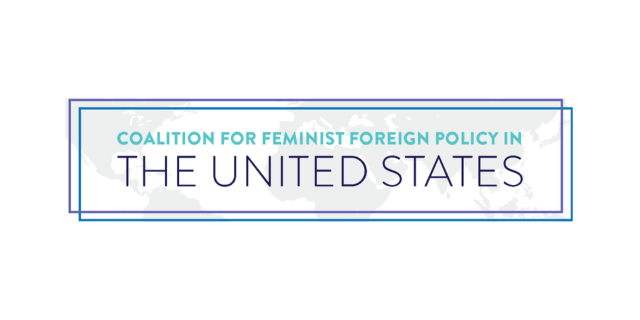

The Coalition for a Feminist Foreign Policy in the United States is a collective effort to develop a vision for the highest standard of U.S. foreign policy that promotes overarching goals of gender equality, human rights, bodily autonomy, peace and environmental integrity, while prioritizing the articulation of concrete policy recommendations.
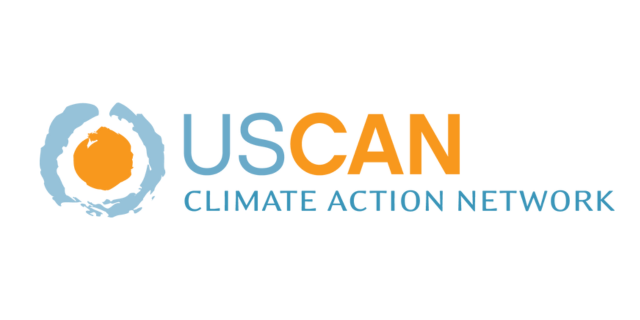

The U.S. Climate Action Network (USCAN) is an affiliate of the Climate Action Network International (CAN), which connects more than 1100 Non-Governmental Organizations (NGOs) in more than 90 countries working to promote government, private sector and individual action to limit human-induced climate change to ecologically sustainable levels.
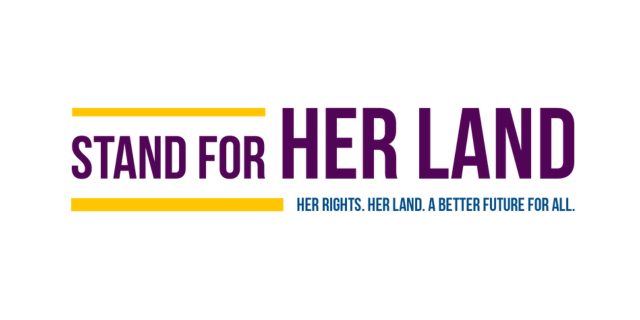

The Stand for Her Land Campaign works to close the implementation gap for women’s land rights — the gulf between the strong standards in place to protect women’s rights to land, and the realization of those rights in practice — so that millions of women can realize the transformational power of rights to land.
Women and girls around the world are demanding and creating systemic change and a sustainable future for all. We need collective power to attain a just future – we need you.
